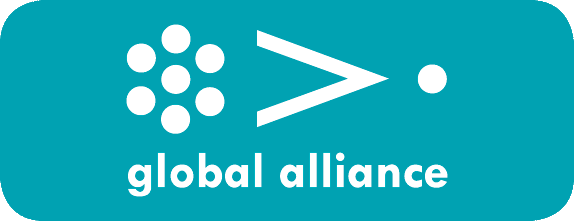By Dr. Anne Gregory
Professor of Corporate Communication at University of Huddersfield, UK
Any internet search on the acronym VUCA shows that it is an immensely popular topic in business schools and business journals right now. There are reams of articles on leadership in the VUCA world.
First used by the American military to describe the extreme conditions encountered in Afghanistan and Iraq, VUCA stands for Volatility, Uncertainty, Complexity and Ambiguity. Now it is applied more generally to the environment in which we all live. I believe this has special relevance to the communication profession. So what lies behind the acronym?
Volatility means that the speed of change is increasing and its dynamic causes great turbulence and disruption. Uncertainty refers to the fact that there is a lack of predictability and the prospects for surprise are greatly enhanced. Complexity describes the nature of issues; their inter-relatedness, the lack of obvious cause and effect and the levels of confusion that surround governments and organisations. Ambiguity means that it is more and more difficult to grasp reality; there is fuzziness and haze about facts, and it is very easy to misread situations and conditions.
More recently a D has been added to VUCA. It’s now a VUCAD world, with the D meaning Deceitful. There are now “alternative facts,” we live in a post-truth age, politicians and other leaders tell lies which both they and the people they are speaking to know are not true. The latest Edelman Trust Barometer published in January 2017 found that nearly 1 in 2 people ‘would support politicians I trust to make things better for me and my family even if they exaggerated the truth’ and more than half the respondents ‘do not regularly listen to people or organisations with whom they often disagree.’
As a profession we have to take our share of responsibility for what has happened. There are public relations and communication practitioners who have advised these leaders on how to how to ‘frame’ their words, on how to mislead without actually telling a lie and on how to dodge direct questions.
Global Alliance member organisations have all signed up to a Code of Ethics which requires an ‘acceptance of duties to a broader society than merely one’s clients/employers’. That duty demands that professionals populate the public space with statements and actions that enhance the public good. They can do that in their day-to-day professional lives by working hard to ensure their organisations act well. Organisations of all kinds acting well, will calm a VUCA world by adding consistency and adhering to universally held values. This in turn will help remove the additional D. Unless that duty is taken seriously, the breakdown in trust in all the institutions of business, government, NGOs and the media that Edelman has evidenced will continue.
My call is that we as a group of professionals now hold to account those who damage not only our profession, but threaten society by destroying the basis of trust. The Public Relations Society of America has helped to lead the way by releasing a statement publicly denouncing ‘alternative facts’. Thank you to that Global Alliance member for standing up for society and the profession.

